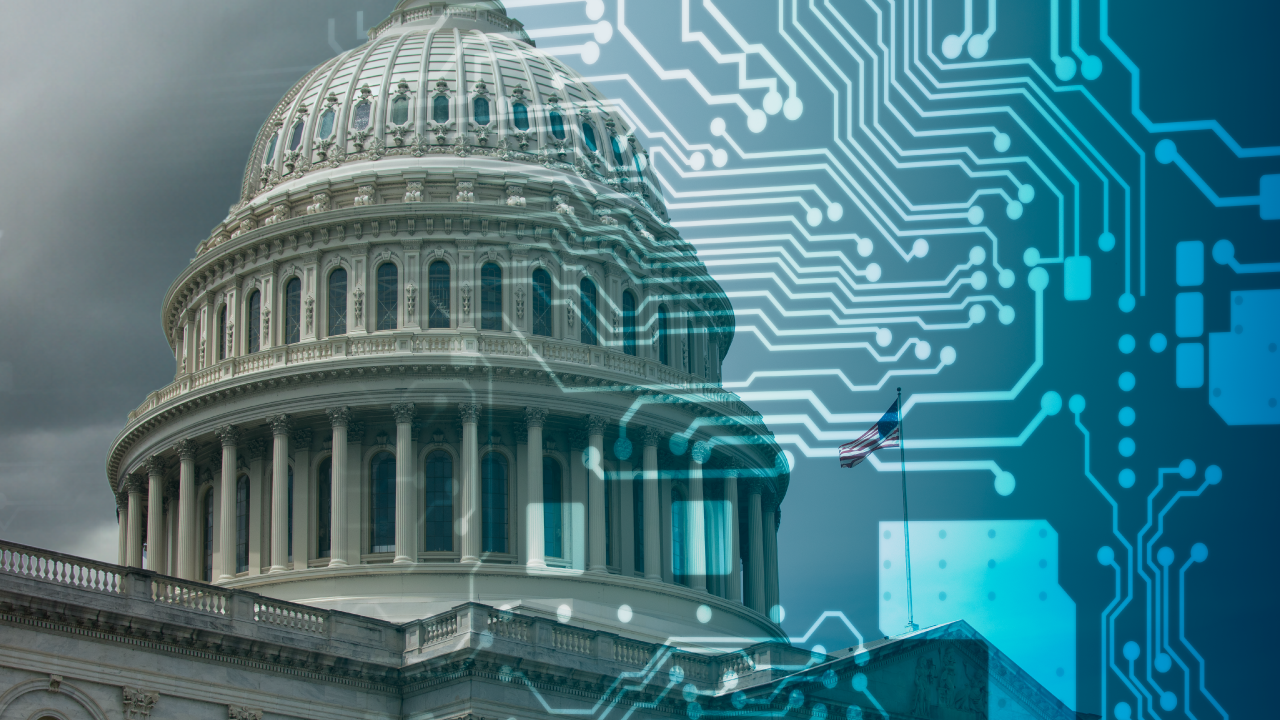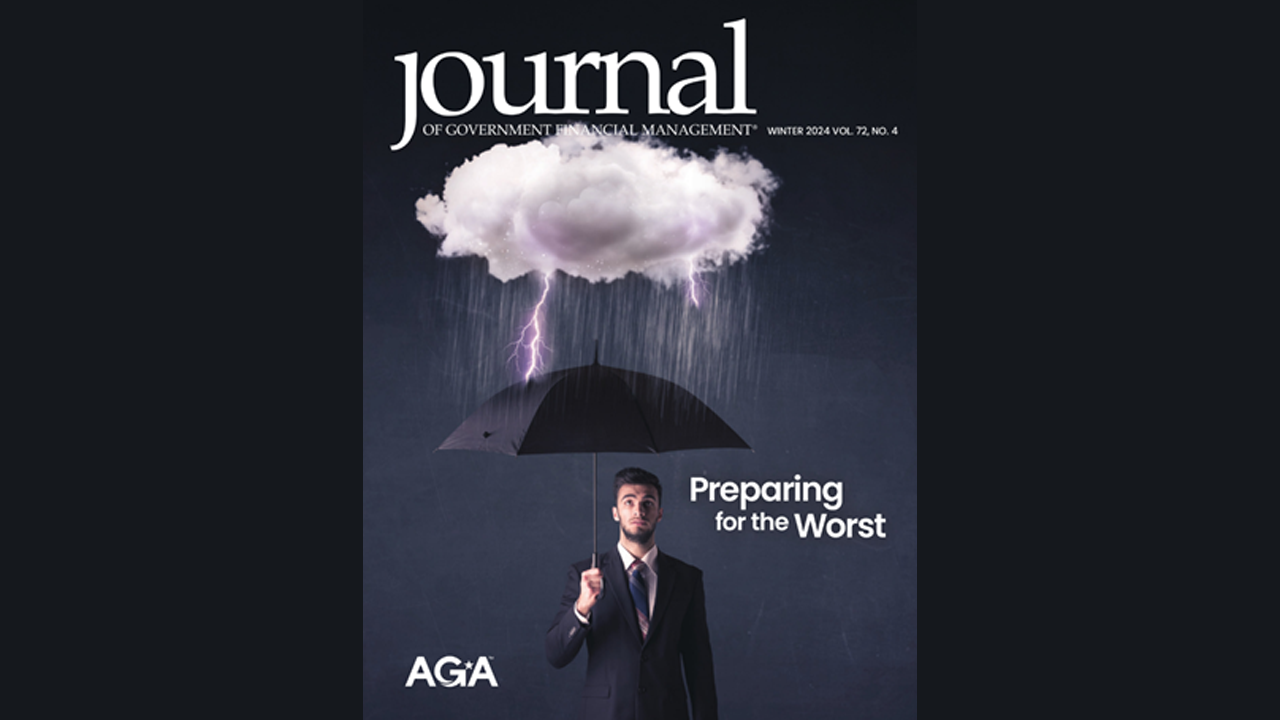Leading Insights Blog

December 9th, 2025
Federal CFO Playbook: Getting Ready for Payment Modernization
The Department of the Treasury’s move toward pre-payment verification will reshape how agencies manage funds. Chief Financial Officers must prepare their organizations, processes, and controls to preferably avoid, but also handle payment holds and rejections.

July 9th, 2025
Implementing AI in your Organization
Businesses that operate in the consulting, accounting, auditing, and regulatory industry must learn the capabilities of AI to understand fraud, security risks, and implementation challenges surrounding the use of AI, and in contrast, the benefits and ability to implement its use.

July 8th, 2025
Defense Resourcing for the Future 2.0
The National Defense Authorization Act (NDAA) for Fiscal Year (FY) 2022 established and directed the Commission on Planning, Programming, Budgeting, and Execution (PPBE) Reform to conduct a comprehensive assessment of all four phases of the PPBE process and recommend improvements with a particular focus on defense modernization.

July 1st, 2025
Opportunities Await: Why the CFO Should Get a Head Start on Implementing AI
Federal CFOs are now able respond to Congressional inquiries by leveraging and analyzing historical data in seconds and search large populations of financial transactions for anomalies indicating the risk of fraud. AI provides for this reality.

June 27th, 2025
Considerations of the User Entity When Placing Reliance on SOC 1® Reports
When management of a user entity receives a SOC 1® report from its service organization, it is important that management tasked with the review, analysis, and interpretation is well-equipped and informed to perform an effective review, incorporating the results of that SOC 1® report into the internal controls at the user entity.

June 25th, 2025
Audit Considerations in a Cloud Computing Environment
As agencies continue to invest and transition to cloud computing, it is important to understand the cloud, security implications, and how it impacts an audit.

June 13th, 2025
New Lease Reporting Requirements – Accounting for Right-to-Use and Embedded Lease Reporting Completeness and Accuracy (Standardized Implementation and Sustainment)
Effective October 1, 2023, the Federal Accounting Standards Advisory Board redefined lease reporting requirements through the issuance of Statement of Federal Financial Accounting Standards (SFFAS) No. 54, Leases, as amended.

March 24th, 2025
Guiding your Workforce through Technological Change
The success of an IT system transformation is dependent on the commitment and stability of program leadership and a continuity of knowledge of key program personnel. Federal agencies can easily spend multiple years, even decades, working to transform critical systems or migrate.

March 10th, 2025
The Need for Adaptive Data Governance in the Frontier of Artificial Intelligence (AI) and Automation
An adaptive data governance framework is necessary to keep pace with the rapid advancement of AI and automation tools. Agencies can mitigate the unique and unprecedented risks associated with these new technologies through a continuously evolving data governance framework that is tailored to the entity to ensure the appropriate stewardship of data, accountability, and privacy.

March 6th, 2025
The Beginnings and Ongoings of System Authorizations
The National Institute of Standards and Technology (NIST) Special Publication (SP) 800-37, Revision (Rev.) 2, Risk Management Framework for Information Systems and Organizations: A System Life Cycle Approach for Security and Privacy, provides agencies with guidelines and a framework for authorizing information systems to operate.

October 29th, 2024
Leading Insights: Integration of Enterprise Risk Management (ERM) Capabilities and Potential Challenges
This is a reprint of an article that appeared in the July 2024 AFERM Newsletter. Integration, as it relates to the maturity of agencies’ Enterprise Risk Management (ERM) programs, has been a hot topic recently. According to the Chief Financial Officer’s (CFO) Council and Performance Improvement Council (PIC), Playbook: Enterprise Risk Management in the U.S. Federal Government (ERM Playbook), “Successful integration of ERM into agencies’ day to day decision-making and management practices enables agencies to leverage opportunities and avoid, mitigate, and transfer risk, resulting in more resilient, effective, and efficient programs.”

March 6th, 2024
AGA 2023 Inspector General and State Auditor Survey Highlights Proactive Oversight Community
This is a reprint of an article that appeared in the Winter 2024 issue of the AGA Journal. It previews AGA’s 2023 IG and State Auditor Survey, which was sponsored by Kearney. The full Survey will publish in February 2024.

February 15th, 2024
Obsolescence in Opportunity – How Accountants Can Make Transformative Organizational Impacts
The world’s business environments are constantly changing, and technology gives today’s accountants a chance to break free from the confines of their traditional roles. Tomorrow’s accountants could be beacons for transformative change, resulting in positive impact for their organization and clients.

January 25th, 2024
ChatGPT: Potential Uses and Limitations in Conversational AI
The emergence of conversational AI has heralded a new era in human-computer interaction, transcending the boundaries of what was once thought possible.

January 3rd, 2024
The Conundrum of Embracing the Future While Maintaining our Foundation
Innovation forces the workforce to grow and adapt, not only to meet changing legislation and emerging requirements, but also because leadership and accountants alike must take action to reskill current employees on applications and technologies to maintain relevancy. Innovation will continue to drive the future of the accountant’s position. Ultimately, the institutional and technical knowledge accountants hold will have to be harnessed to couple new technology appropriately and keep resources upskilled on day one.